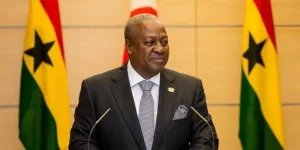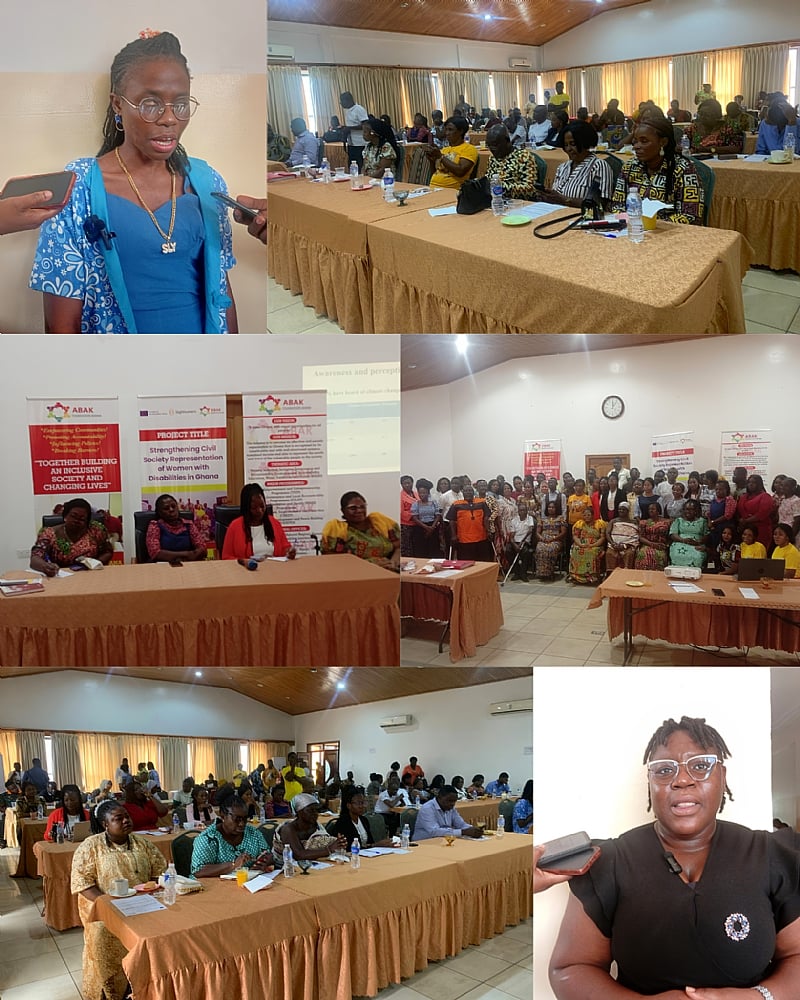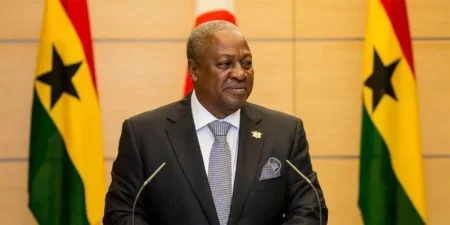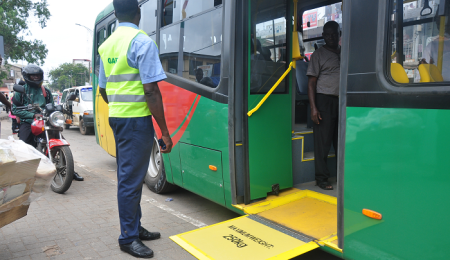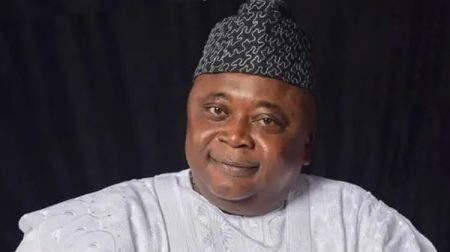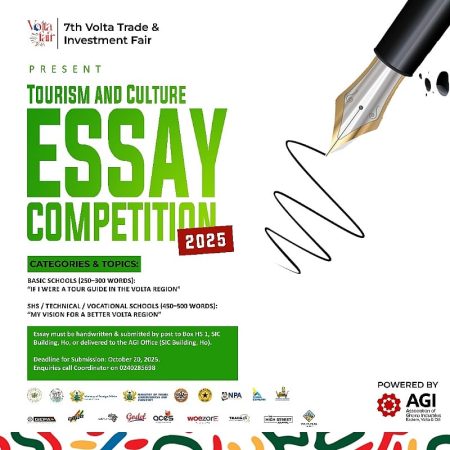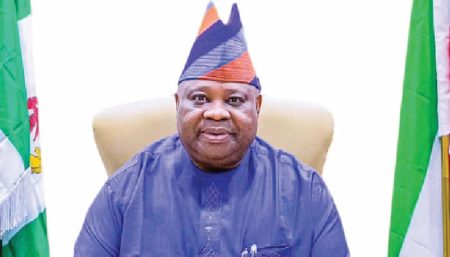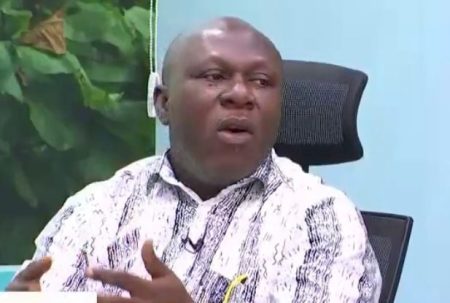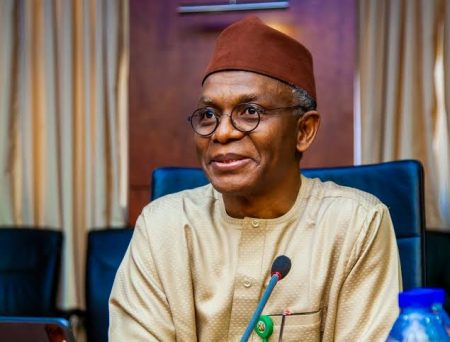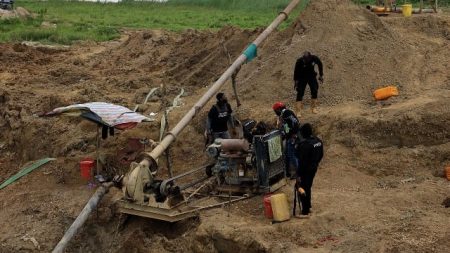The ABAK Foundation’s recent report paints a stark picture of the human rights violations faced by Persons With Disabilities (PWDs) in Ghana, particularly within the Ashanti Region. Deeply ingrained cultural practices fueled by stigma and exclusion actively deny PWDs their fundamental rights, relegating them to the margins of society. The report, stemming from a European Union-funded initiative, highlights the pervasive nature of these discriminatory practices, which manifest in the concealment of PWDs, particularly women in rural areas, by their families. They are often barred from participating in public life, excluded from community decision-making processes, and subjected to punitive traditional norms. This fear of societal reprisal, rooted in cultural beliefs, compels families to hide their disabled relatives, not out of shame, but out of a desperate attempt to protect them from the ostracizing effects of these harmful customs.
The study, encompassing the Ashanti, Greater Accra, Bono, and Bono East regions, underscores the multitude of challenges confronting PWDs across Ghana. Social exclusion is rampant, further compounded by the inaccessibility of public infrastructure, limited educational and employment opportunities, and restricted access to vital financial and social services. This creates a cycle of marginalization, effectively trapping PWDs in a state of vulnerability and dependence. The lack of accessible infrastructure, for instance, not only limits their physical mobility but also restricts their access to education, healthcare, and employment, effectively barring them from fully participating in society. These systemic barriers reinforce the social stigma, perpetuating a cycle of discrimination and exclusion.
At the heart of the advocacy efforts is a call for fairness and equality, not special treatment. PWDs are demanding the recognition and enforcement of their fundamental human rights. The call extends beyond mere legislative action to encompass practical changes that ensure genuine inclusion. This includes accessible buildings, equitable employment opportunities, and policies that actively consider the needs of PWDs. The emphasis on government-backed vocational training and entrepreneurship programs tailored for women with disabilities highlights the need for targeted interventions that address the specific challenges faced by this particularly vulnerable group. Empowering them with skills and opportunities fosters economic independence and enables them to contribute meaningfully to their communities.
Traditional authorities, holding significant influence within Ghanaian society, are being urged to spearhead the dismantling of discriminatory customs. Recognizing the dynamic nature of culture, advocates argue that harmful traditions should be reevaluated and reformed. Transforming traditional leaders into allies in the fight for inclusion, rather than obstacles, is crucial for effecting lasting change. These leaders, deeply respected within their communities, have the power to reshape social norms and promote acceptance of PWDs. By highlighting the valuable contributions PWDs can make to community development when given the opportunity, the report aims to shift perspectives and dismantle the prejudice that fuels their exclusion.
The workshop in Kumasi served as a vital platform for forging stronger alliances between disability rights groups, women’s networks, and climate advocacy organizations. The discussions centered on integrating disability rights into broader development agendas, including climate resilience, education, and economic empowerment. This intersectional approach recognizes that disability rights are not isolated concerns but are inextricably linked to other social justice and development issues. By collaborating across sectors, advocates can create a more holistic and effective approach to promoting inclusion and ensuring that the needs of PWDs are addressed in all aspects of societal development.
While the Ashanti Region was identified as having the most prevalent issues, the report emphasizes that discrimination against PWDs is a nationwide challenge requiring a concerted national response. The project’s focus on strengthening grassroots advocacy underscores the importance of empowering local communities to champion the rights of PWDs. By framing disability rights as fundamental human rights, rather than optional considerations, the initiative aims to shift the narrative and foster a culture of respect and inclusion. The ultimate goal is to dismantle both the cultural and systemic barriers that perpetuate discrimination, paving the way for a truly inclusive society where all Ghanaians, regardless of ability, can participate fully and contribute meaningfully.


